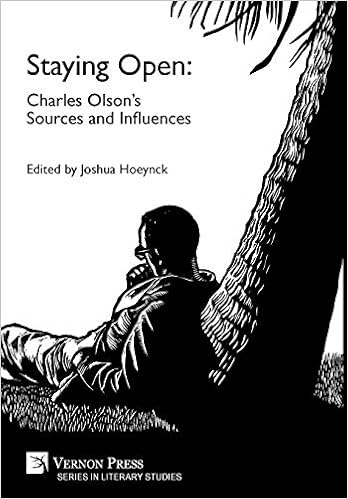"...the Imagination (or love, or sympathy, or any other sentiment) induces knowledge, and knowledge of an 'object' which is proper to it..."
Henry Corbin (1903-1978) was a scholar, philosopher and theologian. He was a champion of the transformative power of the Imagination and of the transcendent reality of the individual in a world threatened by totalitarianisms of all kinds. One of the 20th century’s most prolific scholars of Islamic mysticism, Corbin was Professor of Islam & Islamic Philosophy at the Sorbonne in Paris and at the University of Teheran. He was a major figure at the Eranos Conferences in Switzerland. He introduced the concept of the mundus imaginalis into contemporary thought. His work has provided a foundation for archetypal psychology as developed by James Hillman and influenced countless poets and artists worldwide. But Corbin’s central project was to provide a framework for understanding the unity of the religions of the Book: Judaism, Christianity and Islam. His great work Alone with the Alone: Creative Imagination in the Sufism of Ibn ‘Arabi is a classic initiatory text of visionary spirituality that transcends the tragic divisions among the three great monotheisms. Corbin’s life was devoted to the struggle to free the religious imagination from fundamentalisms of every kind. His work marks a watershed in our understanding of the religions of the West and makes a profound contribution to the study of the place of the imagination in human life.Search The Legacy of Henry Corbin: Over 800 Posts
Saturday, December 22, 2018
Trifecta! Corbin / Twombly / Olson
Staying Open: Charles Olson’s Sources and Influences
Joshua S. Hoeynck (Ed.)
Acknowledgements
Introduction
Chapter 1 Projective Verse and pedagogy
Michael Kindellan
Chapter 2 Olson’s poetics and pedagogy: influences at Black Mountain College
Jeff Gardiner
Chapter 3 Olson’s Dérive, near-far Boulez
Michael Jonik
Chapter 4 “By ear, he sd.”: open listening with Charles Olson and John Cage
Alexander Ruggeri
Chapter 5 “Mu-sick, mu-sick, mu-sick”: Olson’s stammer and the poetics of noise
Seth Johnson Forrest
Chapter 6 Shadow on the rock: morphology and voice in Olson’s later Maximus poems
Jeff Davis
Chapter 7 Charles Olson and his “post-modern” exploration
Joshua Gardner
Chapter 8 “what insides are”: history—gravitational and unrelieved
Kirsty Singer
Chapter 9 Revising the stance of “Projective Verse”: Charles Olson’s ecological vision of Alfred North Whitehead’s cosmology
Joshua Hoeynck
Chapter 10 Olson, Peirce, Whitehead, and American process poetics
Daniel D. Fineman
Chapter 11 Maximus and Aboriginal Australia: antipodean influences on the archaic proprioceptive epic
Nathanael Pree
Chapter 12 An Archaeologist of Morning in the Mayab, 1951
Dylan Clark
Coda
Index
Subscribe to:
Post Comments (Atom)









No comments:
Post a Comment